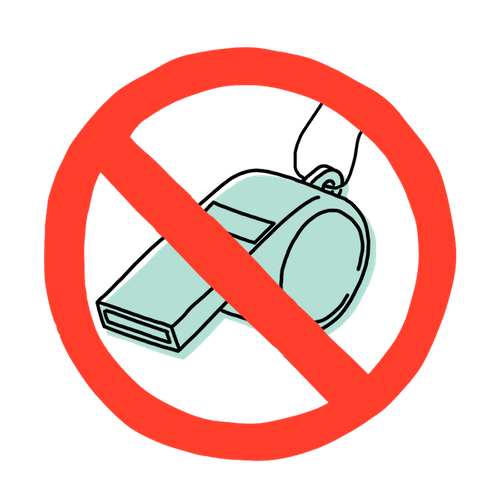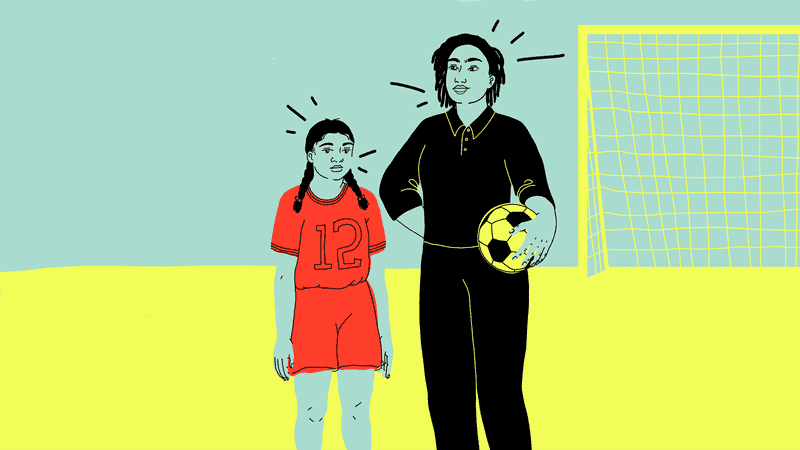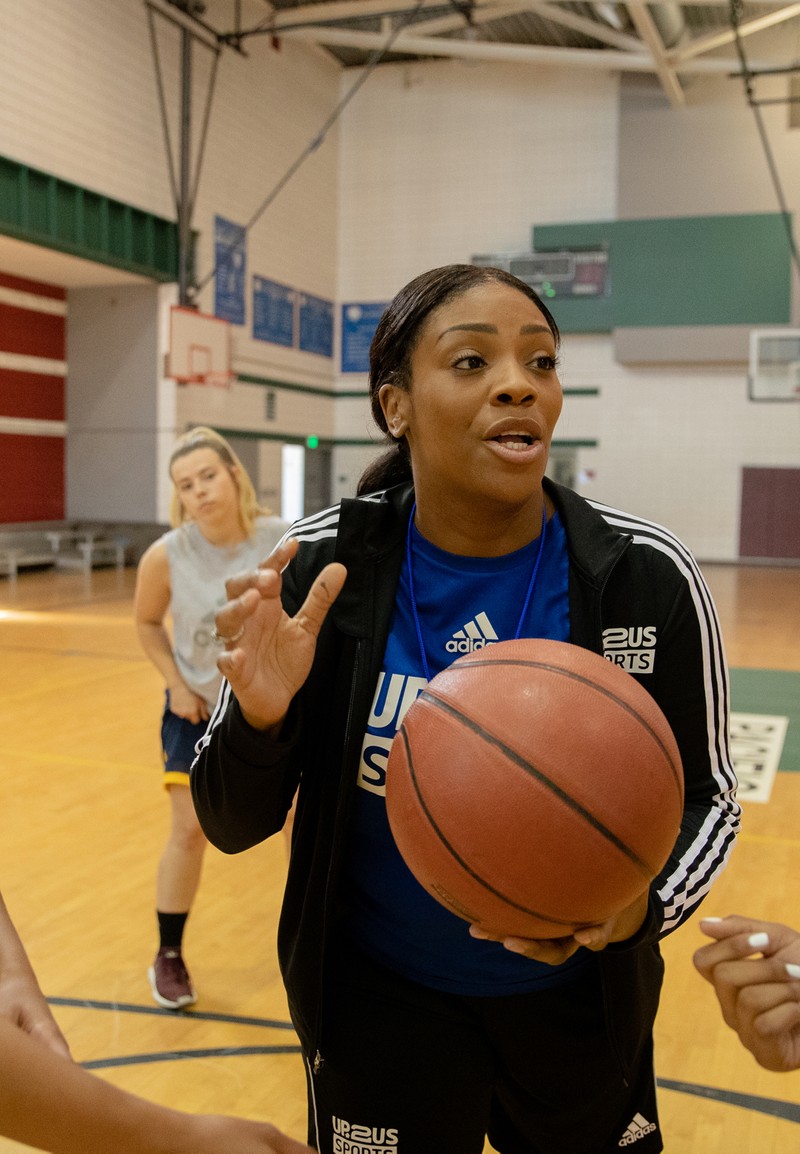In building a safe and supportive culture, you as a coach must define what safety looks and sounds like.
The Three Non-Negotiables
No physical violence
Practice is a physically safe space:
Athletes do not hit, harm, or seek to injure anyone else while in this space. When you explain this to your girls, give them examples of physical violence so that everyone understands what it looks like and how to avoid it.
No unsupervised activity
Players must remain with the coach or an adult while at practice:
You will ensure athletes are following the non-negotiables and stay out of physical danger.
No put-downs
Practice is an emotionally safe space:
Athletes do not call people names, make fun of others, or do things that will make others feel bad. Creating emotional safety takes commitment from the whole team.
Enforcing a strict behavior code with non-negotiables is not easy, but it is of the utmost importance. By investing in this early on, you can create an environment that supports the types of relationships and learning that girls will carry with them through their time on the team and afterwards. It also allows you to focus on practice and not on behavior management.
Here are three tips to help enforce the SBC:
Consistency
Clarity
Simplicity
While non-negotiables are extremely important, they are just one part of cultivating a safe and supportive culture.
There are other expectations you have for your team, such as showing up on time or watching your language. These things are important but separate from the non-negotiables.
Remember, your goal as coaches is to use the power of sports to give girls skills that will uplift them through adulthood.
In order to learn these skills, you need to invoke them at practice.
You as a coach should be familiar with your team or organization’s policies and follow programmatic guidelines around behavior management when applicable. For example, issuing warnings, meeting with parents, suspensions, and more.
There’s a reason why we emphasize the distinction between non-negotiables and other expectations. You should always think about why these situations occur.
So what’s next?
By now, you should understand the role of non-negotiables and the importance of acknowledging context when determining responses to behavioral challenges outside the non-negotiables.
Everything you do as a coach is with the goal of skill-building. Enforcing a strict behavior code and non-negotiables should be no different. When something happens, and the code or non-negotiables are broken, take the following principles into consideration when thinking about next steps.
Team and players’ safety
This is the most important thing to consider. Always make sure the players are safe.
Internal organizational policies
Consider the policies of the team and program. What is the established procedure for these types of situations, and is there anyone you must consult?
Skill-building
What actions should you take as a coach to help a player build the skills she needs to be successful? What does her behavior say about the areas she needs to work on? What can you do to push her in the right direction?
POWERED BY
Privacy Policy | Terms & Conditions | © 2019 adidas America Inc.
© UP2US 2019











